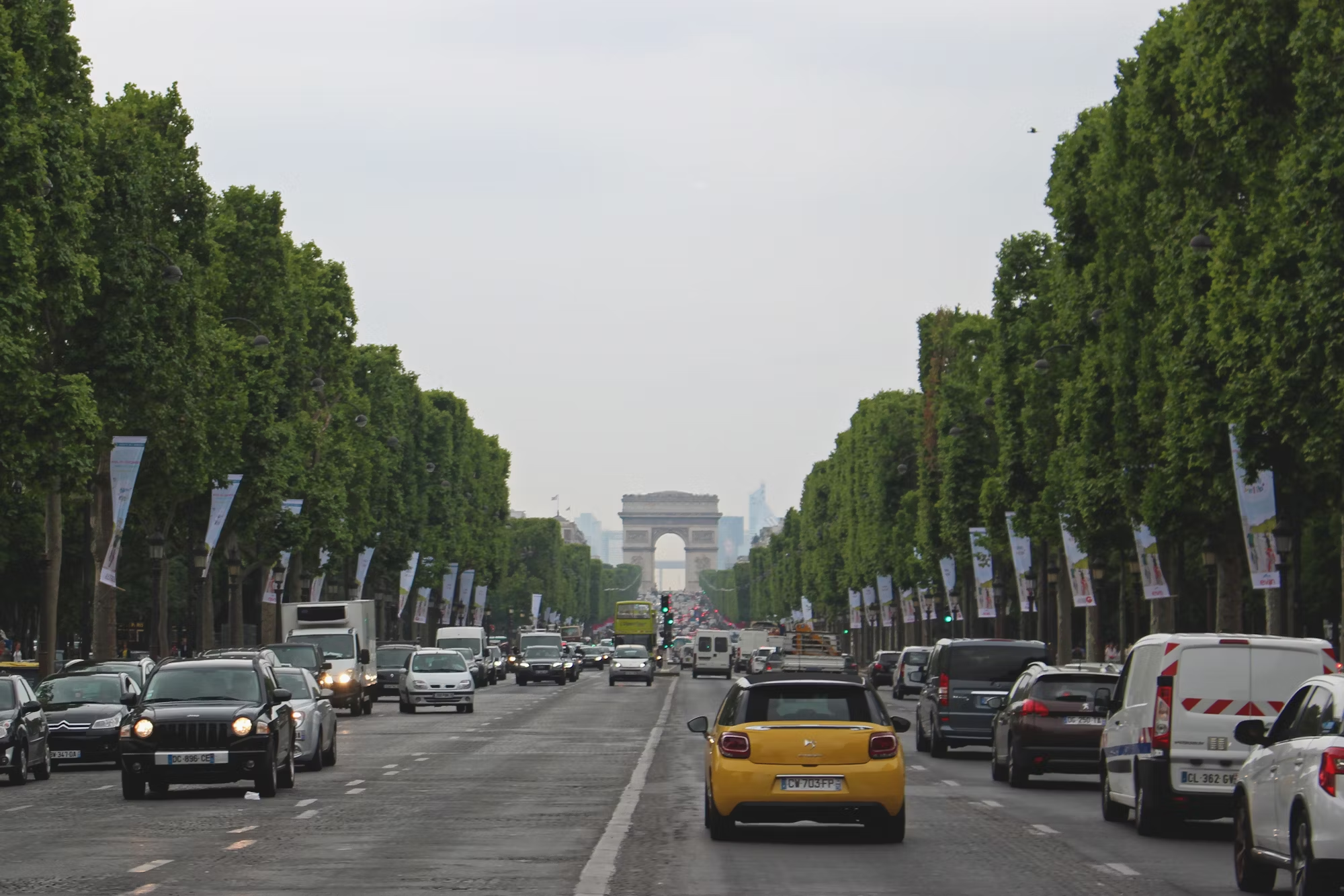Luxury travel represents the pinnacle of the travel experience, combining comfort, exclusivity, and personalized service to create unforgettable journeys. As travelers seek more than just a destination, luxury travel has evolved to encompass unique experiences that cater to individual desires and preferences. This article delves into the allure of luxury travel, exploring its distinctive features, the evolving trends within this sector, and the transformative experiences that define high-end tourism.
At its core, luxury travel is about exceptional service and personalized experiences. It goes beyond simply staying in five-star hotels or dining at Michelin-starred restaurants; it’s about creating a tailored journey that resonates with the traveler. Whether it’s a private yacht charter in the Mediterranean, a bespoke itinerary through Japan’s cultural landmarks, or a secluded villa in the Maldives, luxury travel caters to the desires and whims of its guests, ensuring that every detail is meticulously arranged.
One of the defining features of luxury travel is the emphasis on unique and immersive experiences. Today’s luxury travelers seek authenticity and adventure, desiring to connect with the places they visit on a deeper level. This has led to an increase in experiential travel, where activities are curated to provide meaningful engagement with local cultures. From private guided tours through ancient ruins to exclusive wine tastings in renowned vineyards, these experiences allow travelers to step beyond traditional tourism and into the heart of a destination.
The rise of wellness tourism is another trend reshaping the luxury travel landscape. As individuals become more health-conscious, luxury resorts and retreats are adapting to provide holistic wellness experiences. From rejuvenating spa treatments to mindfulness retreats, travelers are increasingly seeking out destinations that offer relaxation and rejuvenation. High-end wellness resorts in locations such as Bali, Costa Rica, and the Amalfi Coast provide serene environments for yoga, meditation, and holistic therapies, catering to those looking to nurture both body and soul.
Culinary experiences are also at the forefront of luxury travel. Food enthusiasts are drawn to destinations that offer not only exquisite dining options but also opportunities to engage with local culinary traditions. Exclusive cooking classes with renowned chefs, private vineyard tours, and gastronomic festivals are just a few examples of how luxury travelers can indulge their palates while immersing themselves in the local culture. These culinary adventures not only satiate the appetite but also provide insights into the history and traditions of a region.
Sustainability has become a significant consideration in luxury travel. As travelers become more environmentally conscious, many high-end providers are prioritizing sustainable practices. This includes eco-friendly accommodations, responsible sourcing of ingredients, and community engagement initiatives. Luxury travelers are increasingly looking for experiences that align with their values, seeking out companies that prioritize environmental conservation and social responsibility. By supporting sustainable tourism practices, travelers can enjoy luxurious experiences while also contributing positively to the destinations they visit.
Technology plays a vital role in enhancing the luxury travel experience. With the rise of mobile apps and digital platforms, travelers can now customize their trips with unprecedented ease. From booking private jets to selecting personalized itineraries, technology enables a level of convenience that was previously unimaginable. Additionally, virtual reality and augmented reality are being utilized by luxury travel companies to offer immersive previews of destinations and experiences, allowing travelers to envision their journey before they embark.
Safety and privacy have always been paramount in luxury travel. High-end accommodations and private travel options often provide an elevated level of security and discretion, allowing travelers to relax and enjoy their experiences without concern. This is particularly appealing to high-profile individuals and those seeking an escape from the public eye. The demand for private villas, exclusive resorts, and secluded retreats has surged, providing travelers with the ultimate in privacy and peace.
Luxury travel also encourages meaningful connections. Many high-end providers offer opportunities for travelers to engage with local communities and artisans, fostering a sense of connection and understanding. Whether it’s participating in a community-based tourism initiative or supporting local craftsmen, luxury travelers can contribute positively to the places they visit while gaining deeper insights into the culture and lifestyle of the locals.
As the luxury travel sector continues to evolve, personalization remains a key focus. Travelers are increasingly looking for unique itineraries that cater to their specific interests and desires. This trend has led to the emergence of bespoke travel agencies that specialize in crafting tailor-made experiences. From adventure seekers wanting a thrilling safari to culture enthusiasts desiring a historical journey through Europe, these agencies work closely with clients to curate experiences that resonate on a personal level.
In conclusion, luxury travel transcends the notion of opulence and extravagance, representing a holistic experience that encompasses authenticity, connection, and meaningful engagement. As travelers seek more than just lavish accommodations and fine dining, the industry has adapted to meet the demands of a new generation of luxury seekers. By focusing on personalized experiences, sustainability, and immersive cultural engagement, luxury travel has redefined itself as a journey of exploration and discovery. For those who embark on this path, the rewards are boundless, offering memories that last a lifetime and a deeper appreciation for the world we inhabit.





